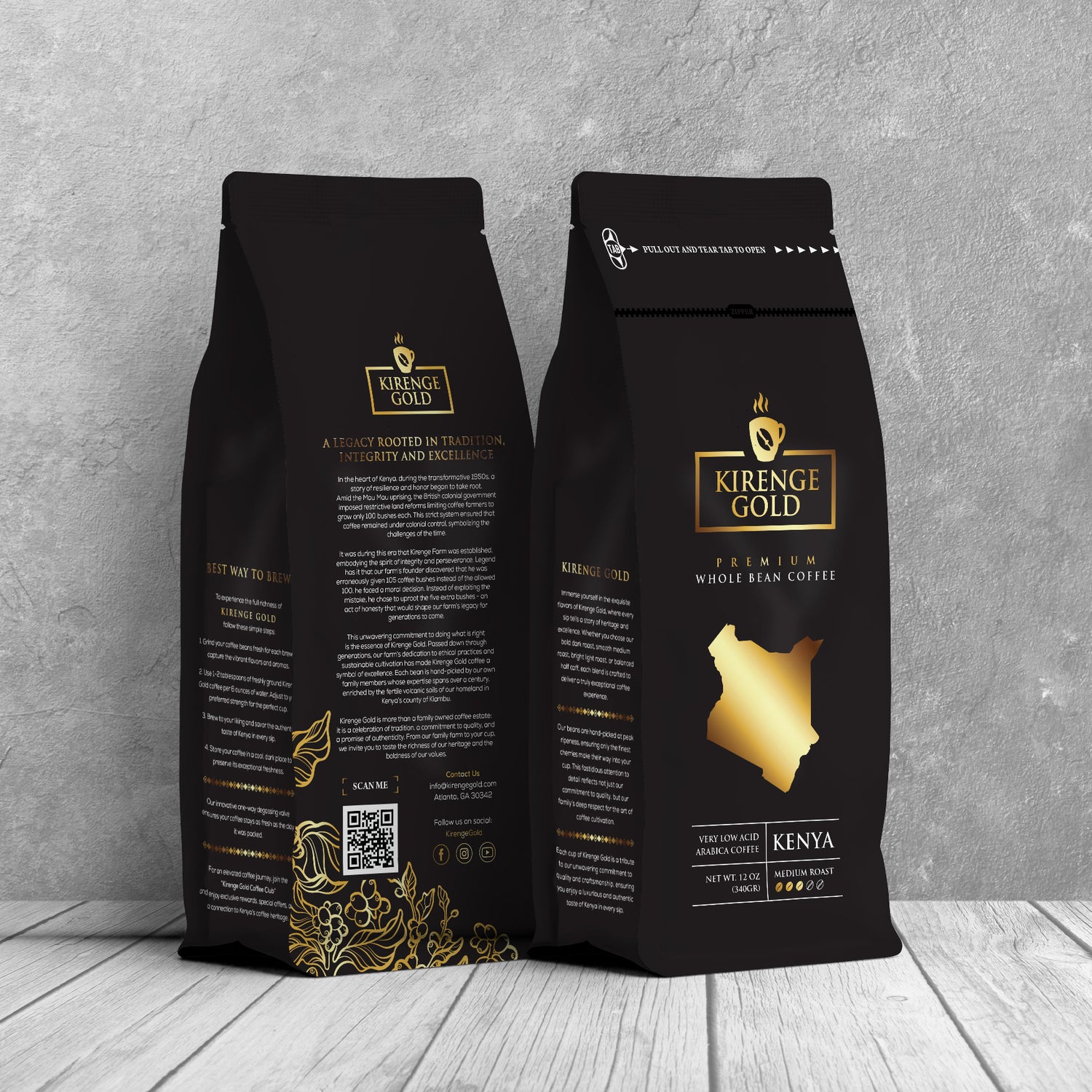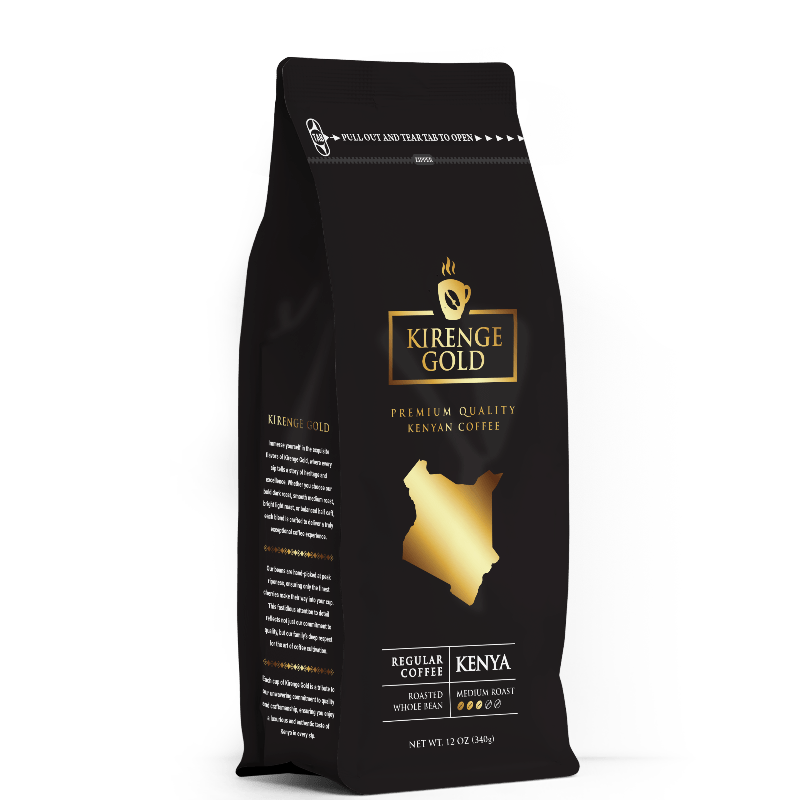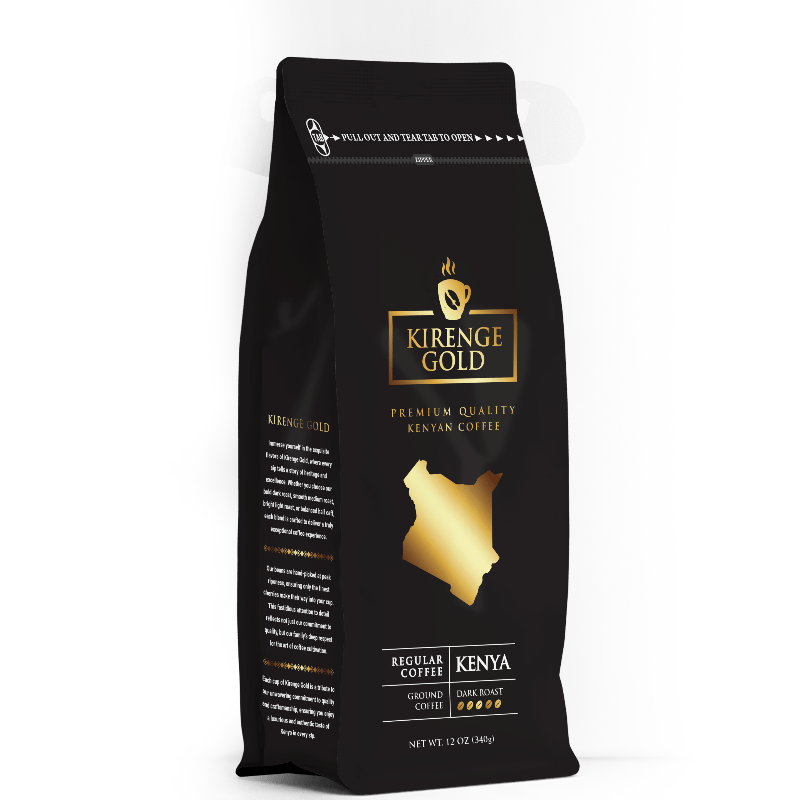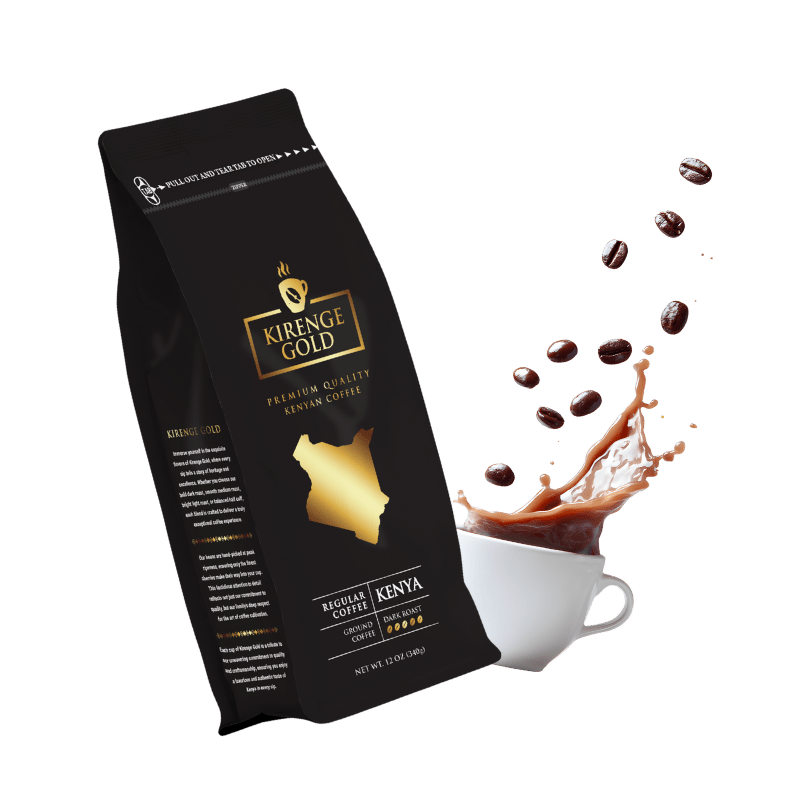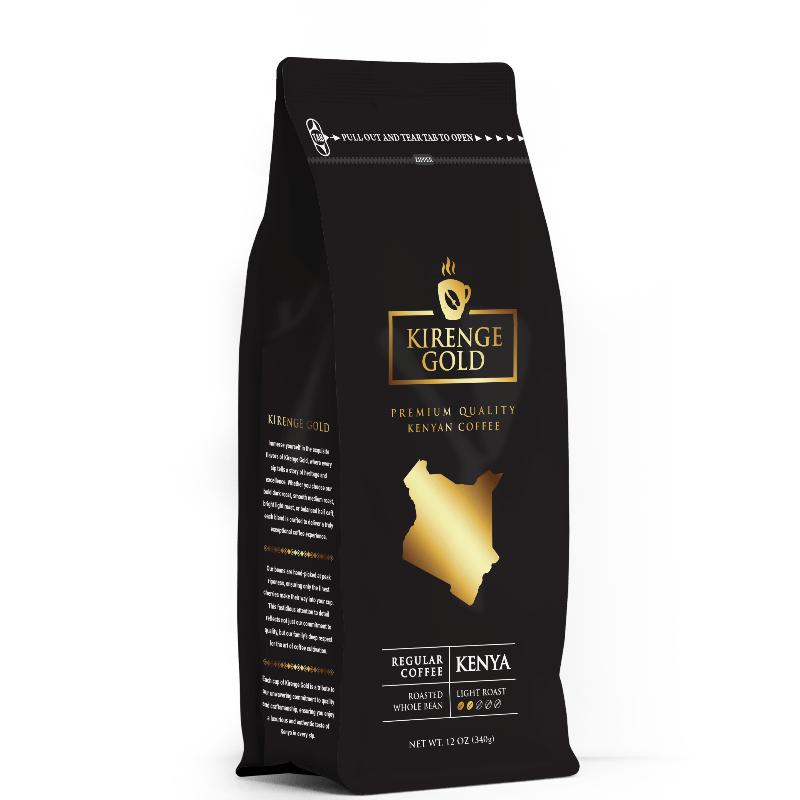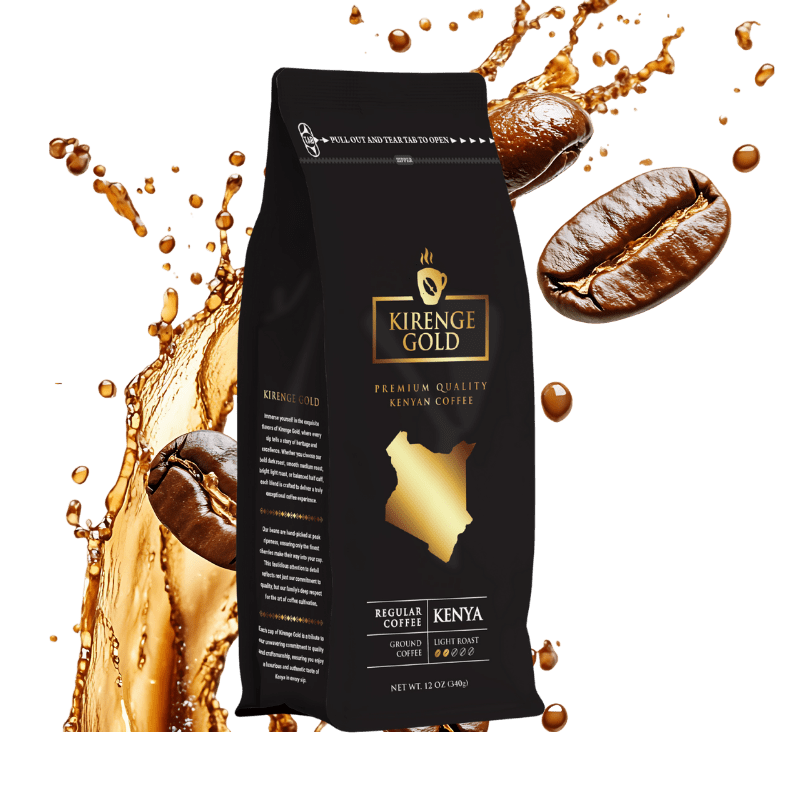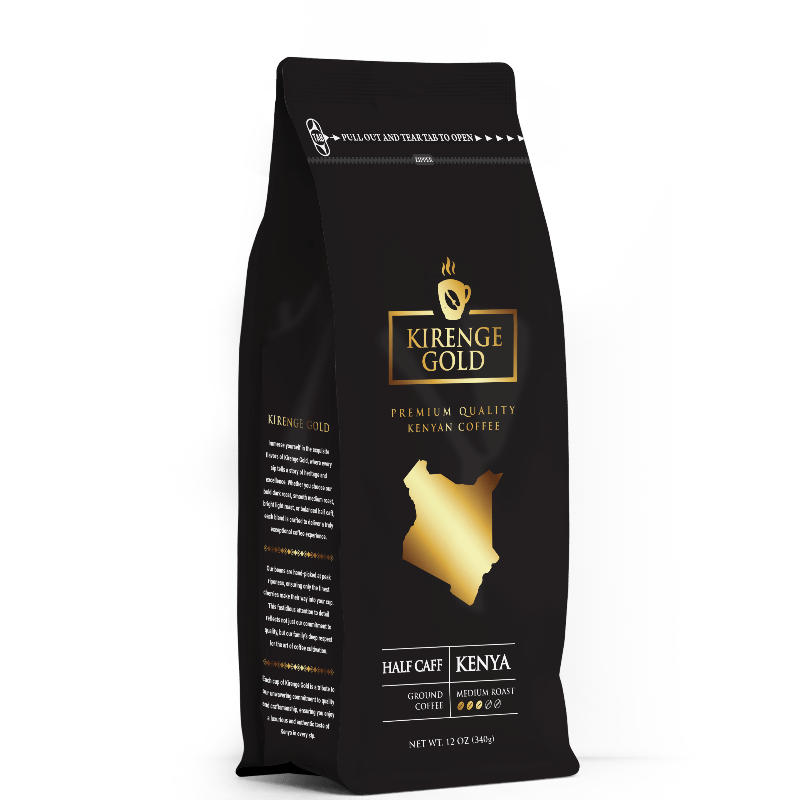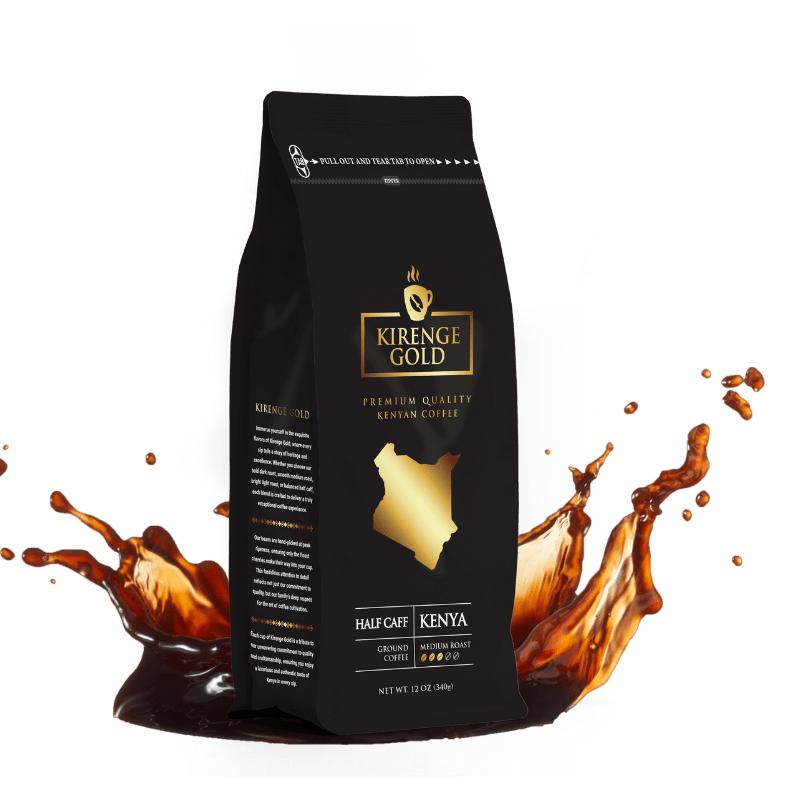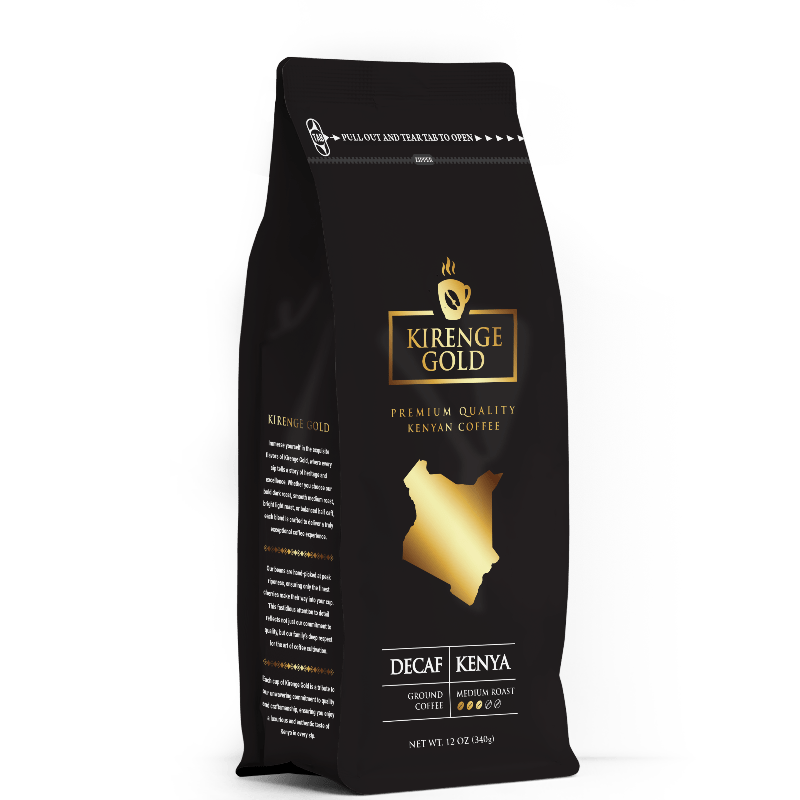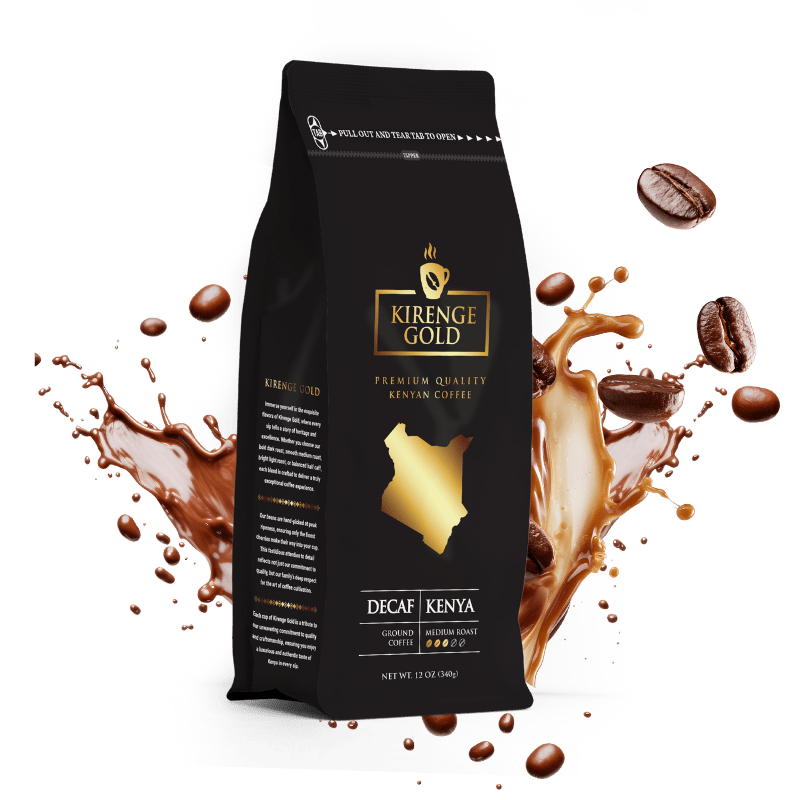
Coffee for Weight Loss: Does It Work + Which Coffee Is Best (2025 Guide)
If you've ever wondered whether your morning cup of coffee could help you shed extra pounds, you're not alone. Coffee is one of the most researched beverages when it comes to weight management, and the science reveals some fascinating insights. This comprehensive guide explores how coffee affects weight loss, which types work best, and when it might actually cause weight gain.
Does Coffee Actually Help With Weight Loss?
The short answer is yes—but with important caveats. Research shows that coffee consumption can support weight loss efforts, though it's not a magic solution on its own.
A Harvard T.H. Chan School of Public Health study found that drinking four cups of coffee daily could reduce body fat by approximately 4%. According to Healthline, research indicates that increasing unsweetened coffee consumption by just one cup per day was associated with a weight decrease of around 0.12 kilograms (0.26 pounds).
Multiple systematic reviews and meta-analyses have confirmed that caffeine intake promotes reductions in weight, BMI, and body fat. However, these effects are modest and work best when combined with a healthy diet and regular exercise.
Key takeaway: Coffee can be a helpful tool in your weight loss arsenal, but it's not a standalone solution. The real benefits come from how coffee affects your metabolism and energy expenditure.
How Coffee Promotes Weight Loss: The Science
1. Boosts Metabolic Rate
Caffeine is a natural stimulant that increases your resting metabolic rate—the number of calories your body burns at rest. A 2021 study review suggests that regular coffee consumption can increase metabolic rates by 3-11%, with some research indicating an additional 150 calories burned daily in lean individuals.
This happens through a process called thermogenesis, where your body generates heat and energy from digesting food. Caffeine stimulates your nervous system to signal fat cells to break down fat, which then gets released into your bloodstream to be used as energy.
2. Enhances Fat Burning
Coffee doesn't just speed up your metabolism—it specifically targets fat stores. A 2021 study has shown that caffeine increases the release of fatty acids from fat tissue and promotes their oxidation (burning) for energy.
One scientific report found that caffeine can activate brown adipose tissue (BAT), also known as "good fat," which burns calories to generate heat. This browning effect of adipose tissue could be a key mechanism in coffee's weight loss benefits.
3. Suppresses Appetite
Many coffee drinkers report feeling less hungry after their morning cup. A report shows that, while the appetite-suppressing effects of caffeine are relatively short-lived (typically 1-3 hours), they can help reduce overall calorie intake, especially when coffee is consumed before meals.
However, this effect varies significantly between individuals. Some people experience notable appetite suppression, while others see minimal impact.
4. Improves Physical Performance
Caffeine is one of the most effective ergogenic aids (performance enhancers) available. In a 2021 review, caffeine increases adrenaline levels and releases fatty acids from fat tissue, preparing your body for intense physical exertion.
By improving exercise performance, coffee indirectly supports weight loss by helping you work out harder and longer. Studies show caffeine can improve physical performance by 11-12% on average.
Which Coffee Is Best for Weight Loss?
Not all coffee drinks are created equal when it comes to weight loss. Here's what you need to know:
Black Coffee: The Clear Winner
Plain black coffee is undoubtedly the best choice for weight loss. With only 2 calories per 8-ounce cup and no added sugars or fats, it delivers all the metabolic benefits of caffeine without any weight-gaining ingredients.
Why black coffee works:
- Zero added calories
- No sugar to spike insulin
- Maximum caffeine content
- Rich in antioxidants
- No cream or milk to add fat
Light Roast vs. Dark Roast
Contrary to popular belief, light roast coffee actually contains slightly more caffeine than dark roast. The roasting process breaks down some caffeine, so beans roasted for less time retain more of it.
For weight loss: Choose light to medium roasts for maximum caffeine content and metabolic boost. Light roasts also contain higher levels of chlorogenic acid, a compound that may help regulate blood sugar and fat metabolism.
Cold Brew vs. Hot Coffee
Cold brew typically has a higher caffeine concentration than regular hot coffee because of the extended steeping time (12-24 hours). However, the difference in weight loss effectiveness is minimal.
Verdict: Choose based on preference. Both are effective if consumed black. Cold brew's smooth taste might make it easier to drink without sweeteners.
Coffee Types Ranked for Weight Loss
- Black coffee (hot or cold) - Best option
- Espresso (straight) - High caffeine concentration
- Americano - Espresso diluted with water, still black
- Cold brew (unsweetened) - High caffeine, no additives
- Coffee with a splash of unsweetened almond milk - Minimal calories
- Coffee with regular milk - Acceptable but adds calories
- Lattes and cappuccinos - High in milk, more calories
- Sweetened coffee drinks - Worst option, high in sugar and calories
Green Coffee Bean Extract
Some supplements contain green (unroasted) coffee bean extract, which is rich in chlorogenic acid. While some studies suggest potential weight loss benefits, the evidence is mixed, and whole bean coffee provides similar compounds along with other beneficial nutrients.
When Coffee Can Make You Gain Weight
While coffee itself supports weight loss, certain habits and additions can completely reverse its benefits:
1. Added Sugars and Syrups
This is the biggest culprit. Adding just one teaspoon of sugar to your coffee means consuming an extra 0.09 kilograms (0.20 pounds), according to research. Flavored syrups can contain 20-30 grams of sugar per serving—more than a candy bar.
Popular coffee drinks and their calorie counts:
- Black coffee: 2 calories
- Coffee with 2 tablespoons half-and-half and 2 teaspoons sugar: ~80 calories
- Medium Starbucks Caffe Latte: ~190 calories
- Medium Starbucks Caramel Frappuccino: ~420 calories
- Medium Dunkin' frozen coffee: ~420 calories
2. High-Calorie Additions
Even without sugar, adding cream, whole milk, flavored creamers, or whipped cream can turn your low-calorie beverage into a calorie bomb. A tablespoon of heavy cream adds about 52 calories, and many people use much more than that.
3. Elevated Cortisol Levels
Here's where it gets tricky. While caffeine boosts metabolism, it also increases cortisol—your body's primary stress hormone. Elevated cortisol levels are associated with:
- Increased appetite, especially for sugary and fatty foods
- Fat storage, particularly around the midsection (belly fat)
- Disrupted blood sugar regulation
- Increased insulin resistance over time
Research shows that caffeine stimulates cortisol secretion, and this effect can be more pronounced in people who are already stressed or who consume coffee late in the day.
4. Sleep Disruption
Poor sleep is strongly linked to weight gain. Caffeine consumed too late in the day can interfere with sleep quality and duration, which affects hormones that regulate hunger (leptin and ghrelin).
Sleep-deprived individuals tend to:
- Eat 300-500 more calories per day
- Crave high-carb, high-fat foods
- Have reduced impulse control around food
- Experience slower metabolic rates
5. Replacing Meals with Coffee
Some people skip breakfast and just drink coffee, thinking it will help them lose weight. While this might reduce immediate calorie intake, it can backfire by:
- Causing intense hunger later, leading to overeating
- Slowing metabolism due to prolonged fasting
- Missing out on essential nutrients
- Creating an unhealthy relationship with food
Best Practices: How to Use Coffee for Weight Loss
To maximize coffee's weight loss benefits while avoiding the pitfalls:
Timing Matters
Best times to drink coffee for weight loss:
30-60 minutes before breakfast: Drinking coffee in a fasted state may enhance fat burning and reduce your appetite for breakfast, leading to lower calorie intake. This timing also boosts thermogenesis.
30-60 minutes before workouts: Caffeine peaks in your bloodstream 30-60 minutes after consumption. Drinking coffee before exercise enhances fat oxidation and improves workout performance, allowing you to burn more calories.
Avoid coffee after 2 PM: Late-day coffee can disrupt sleep, which negatively impacts weight management. If you must have afternoon coffee, limit it to small amounts or switch to decaf.
Optimal Amount
Research suggests that 3-4 cups per day appears to offer the best weight loss benefits without excessive side effects. This translates to approximately 300-400mg of caffeine daily.
However, individual tolerance varies significantly. Start with 1-2 cups and assess how your body responds before increasing intake.
Keep It Clean
- Drink coffee black whenever possible
- If you need to add something, use unsweetened almond milk or a small splash of regular milk
- Avoid all sugar, syrups, and artificial sweeteners
- Skip the whipped cream and chocolate drizzle
- Use cinnamon or vanilla extract for flavor without calories
Pair with Healthy Habits
Coffee works best for weight loss when combined with:
- A balanced, calorie-controlled diet
- Regular physical exercise
- Adequate sleep (7-9 hours)
- Proper hydration (coffee is mildly diuretic)
- Stress management techniques
Stay Hydrated
Coffee has a mild diuretic effect, meaning it can increase urine production. For every cup of coffee, drink an additional glass of water to stay properly hydrated. Dehydration can slow metabolism and be mistaken for hunger.
Who Should Be Careful With Coffee?
While coffee is safe for most people, certain individuals should limit or avoid it:
- Pregnant women: Limit to 200mg caffeine daily (about 2 cups)
- People with anxiety disorders: Caffeine can worsen anxiety symptoms
- Those with heart conditions: High caffeine intake may increase heart rate and blood pressure
- Individuals with acid reflux or GERD: Coffee can trigger symptoms
- People taking certain medications: Caffeine can interact with various drugs
- Those sensitive to cortisol spikes: If you're highly stressed or have cortisol-related issues
The Bottom Line: Does Coffee Help You Lose Weight?
Coffee can be an effective tool for weight loss when consumed properly. The evidence shows it can:
- Increase metabolic rate by 3-11%
- Enhance fat burning
- Improve exercise performance
- Modestly reduce appetite
- Lead to a 4% reduction in body fat with regular consumption
However, coffee is not a miracle weight loss solution. Its effects are modest and work best when combined with a healthy lifestyle. The biggest mistake people make is adding sugar, cream, and high-calorie flavorings that completely negate any metabolic benefits.
The winning formula: Drink 3-4 cups of black coffee daily, time it strategically around meals and workouts, avoid all high-calorie additions, maintain good sleep hygiene, and combine it with a balanced diet and regular exercise.
Remember, sustainable weight loss comes from creating a moderate calorie deficit through a combination of dietary changes and physical activity. Coffee can support these efforts, but it can't replace them.
Disclaimer: This article is for informational purposes only and does not constitute medical advice. Consult with a healthcare provider before making significant changes to your diet or caffeine intake, especially if you have underlying health conditions.
🔥 Our Top Picks: Best Coffee for Weight Loss
After testing dozens of brands, these are our favorites for maximizing fat-burning benefits:
1. Kirenge Gold Light Roast Coffee - Highest caffeine, low acidity
2. Kirenge Gold Dark Roast Coffee - Best for weight loss.
3. Kirenge Gold Medium Roast - A balance between dark roasts and light roasts
Share

